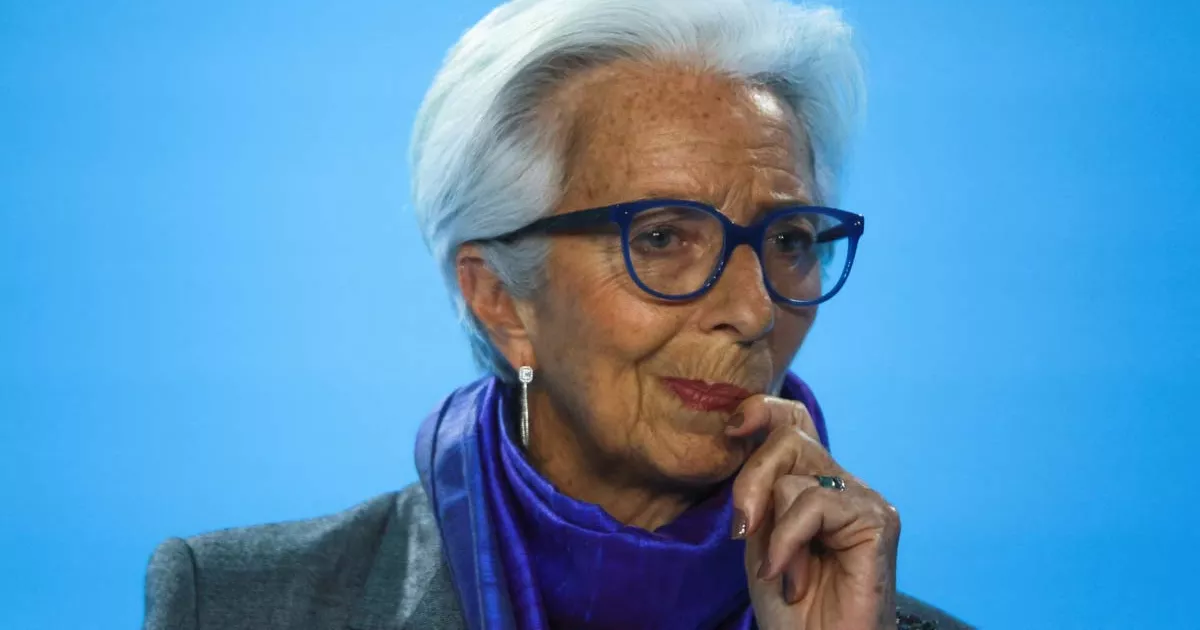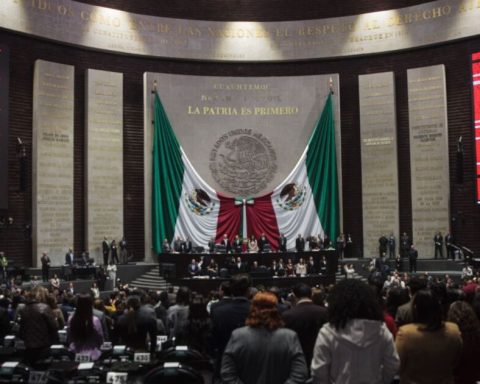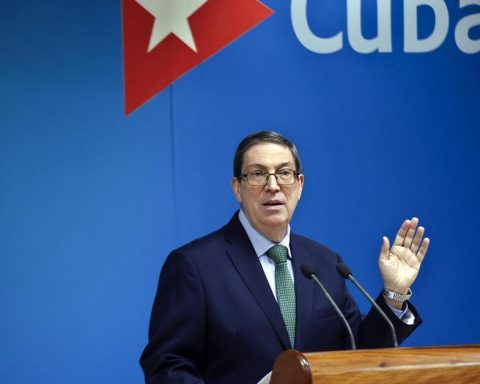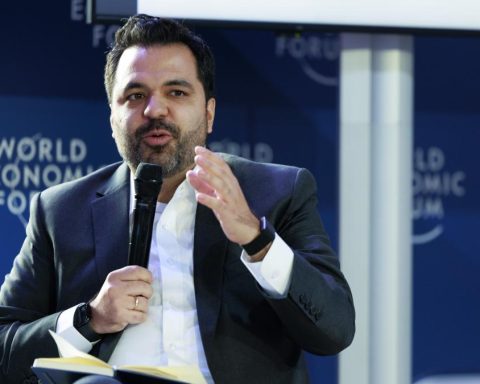Inflation will climb to 6.3% next year, up from 5.5% previously forecast, before declining to 3.4% in 2024 and 2.3% in 2025, close to the 2% forecast ahead.
The euro area economy could also experience a contraction this quarter and the next due to the energy crisis.
The institution calculates that growth will be moderate next year, but in the longer term it should recover, it stresses.
The projections foresee a growth of the economy of 0.5% for 2023 and 1.9% for 2024.
The president of the European Central Bank, Christine Lagarde, justified the reduction of the growth forecast due to “the war against Ukraine”, which fuels the rise in energy and food prices.
In a move that followed similar steps this week by the US Federal Reserve (Fed) and the Bank of England (BoE), the ECB increased the rate it pays on bank deposits by 50 basis points to 2%, moving away from still more than a decade of ultra-flexible politics.
That decision, expected by the market, marked a slowdown in the pace of hikes tightening to 75 basis points at each of the previous two ECB meetings, as price pressures show some signs of topping out and a looming recession.
“We believe that interest rates will still have to rise significantly and at a steady pace,” ECB President Christine Lagarde told a news conference, adding that further increases of 50 basis points are expected over “a period of time considerable”.
“We will stay the course, it will not be enough to attack and withdraw.”















